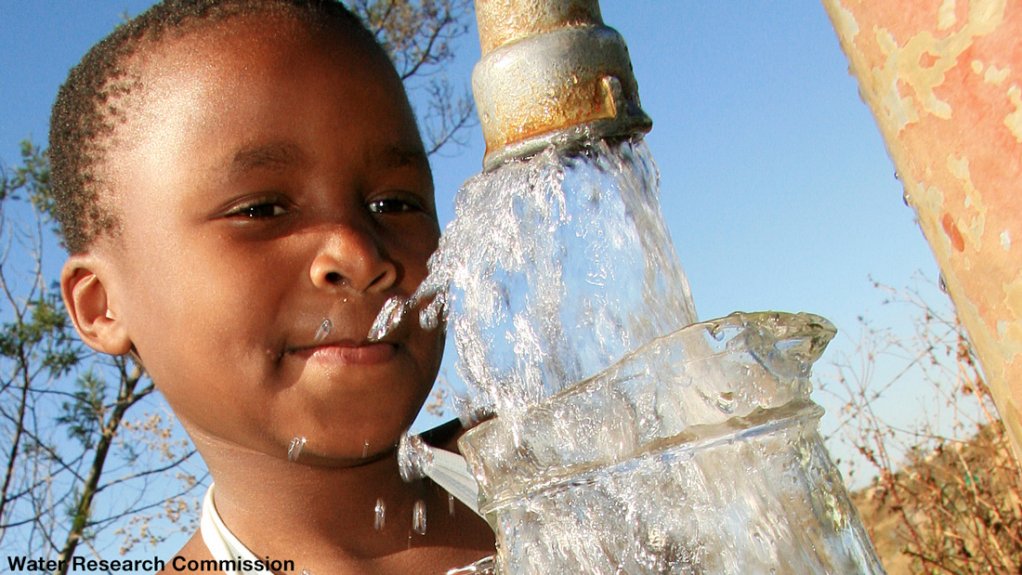There is enough water in South Africa to supply communities and the economy, even if some activities may be constrained, such as agriculture in the Limpopo, says National Planning Commission commissioner Mike Muller.
Muller was also the director-general from 1997 to 2005 at the then Department of Water Affairs and Forestry.
Muller says 95% of people in South Africa have access to safe water.
“Water is doing better than electricity. We are ahead of demand.”
However, the flipside of the coin is that many municipalities are failing to provide safe, reliable water supply to communities, while some have no plans to do so in the future either, he notes.
He says water infrastructure in South Africa is deteriorating, and that water quality challenges are growing.
Water resource quality is also declining, such as at the Hartbeespoort dam.
Muller also believes that some key water resource projects, such the second phase of the Lesotho Highlands Water Project, are “slipping” in terms of timelines.
He says South Africa requires institutions “able to take decisions”, and implement these at the right time. This is, however, difficult as technical capacity is getting weaker, and human resource development lagging.
Muller says it is important to “get the right people in the right places”, competent to do the job required.
The country’s water sector also requires information in order to do long-term planning.
Muller says the Department of Water Affairs has the pathways mapped out for water supply to 2030, but whether these projects will ultimately be built is another question.
He says it is necessary to invest in infrastructure projects that restore, treat, transport and monitor South Africa’s water.
Muller says electricity provider Eskom is struggling to supply sufficient electricity to the country owing to capacity decisions not already taken years ago.
“We need to regain the strategic initiative.”
Muller says it necessary to stop thinking about what happened yesterday, and to look at the “next ten to fifteen years, and beyond”, or face the consequences of poor water planning.
He believes the country’s current water security – “or at least, half of it” – was gained through a 1970 commission of enquiry, with former Minister Kader Asmal also playing a big role post 1994.
It is also necessary to move beyond today’s political and management failures.
South Africa should review its water requirements, and ask resource planners where the country’s future water, and the money to execute projects to provide this water, will come from.
“Implement this planning,” says Muller. “Panic at the right time, not when stones are thrown at [municipal] offices.”
He emphasises that it also necessary to move beyond simply increasing water supply. It is necessary to reduce water wastage and consider re-using water.
According to Muller water security means that water is available in acceptable quantity and quality for production, ecosystems, health, and to provide livelihoods to a country’s people.
* Muller spoke at the Civilution conference, held in Ekurhuleni last week.
EMAIL THIS ARTICLE SAVE THIS ARTICLE
To subscribe email subscriptions@creamermedia.co.za or click here
To advertise email advertising@creamermedia.co.za or click here











